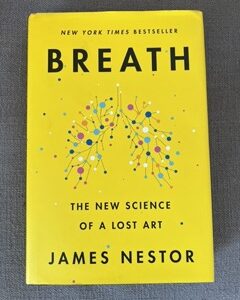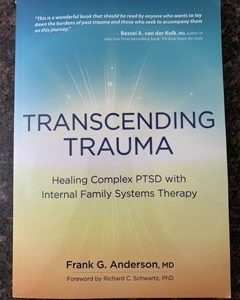
The American Psychological Association’s cover story for the month of March focused on hallucinogenic drugs and the potential help with mental health.
There’s some evidence that psychedelics may produce these benefits by making the brain more malleable. Carhart-Harris and colleagues used fMRI to look at brain activity in people with treatment-resistant depression who participated in a trial of psilocybin-assisted therapy. They found that activity in the brain’s default mode network decreased during the acute phase of psilocybin but showed greater than normal activity one day later, along with improvements in participants’ moods (Scientific Reports, No. 7, 2017). The default mode network is a network of interacting brain regions thought to be active when people are focused inward rather than on the outside world.
Please click the link below for the full APA article.
Trip of a Lifetime: Can a single dose of a hallucinogenic drug lead to lasting improvements in mental health? Researchers are studying the potential of these drugs to treat such diverse conditions as severe depression, opioid dependence, anorexia and more…






